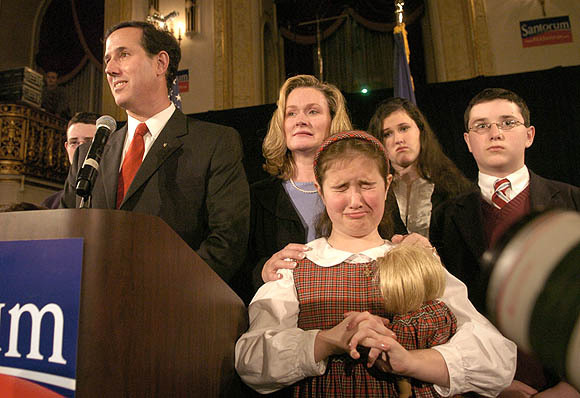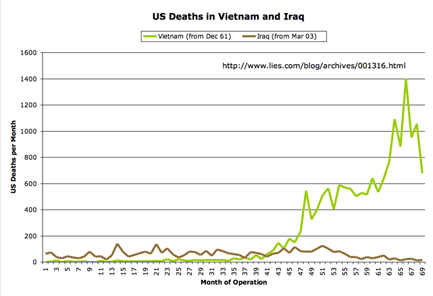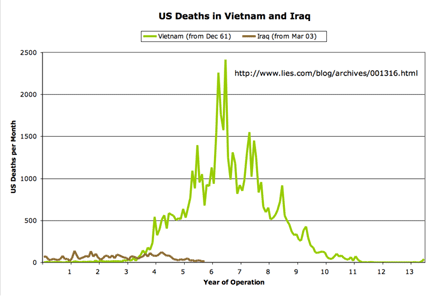It’s been a while since I had a happy election experience. Last night was definitely one for the ages.
I hoped the House would change hands, but couldn’t let myself really believe it would happen. I was steeling myself for the inevitable shock and outrage I would feel as I saw how low the other side was willing to go to get and hold onto power.
And then, amazingly, it happened. Democrats took the House, and took it with authority. Huzzah.
Actually, though, another thing that buffered my normal unhealthy level of pre-election obsessing was that for the first time, I was personally involved. Not in the sense of ranting on this site about things happening in other parts of the country, but in the sense that I was volunteering for a local City Council candidate, Al Clark, who I really believed in.
I set up Al’s web site, and organized the voter data and walking lists, went to meetings to participate in strategy planning, and did a little canvassing, knocking on my neighbors’ doors and passing out literature. It was fun, and more importantly, it helped me keep my perspective. Maybe we were going to win, maybe we were going to lose, but either way, I knew I was doing my part.
So as the returns were coming in showing the House changing hands, I was at a party where we all were more interested in the results of the local City Council and School Board elections. And we won! In a five-way race for three seats, Al came in second, and the two candidates he’d endorsed and who had endorsed him came in first and third. And in a three-way race for two seats on the School Board, again, the candidates I supported won.
And as the cherry on top, today I watched as the result I never really considered likely came to pass: the Senate switched hands, too. Wow.
Now, realistically, I know that this doesn’t really change much. Bush is still President, we’re still stuck in a stupid, stupid war with no good options, and the architects of the current fiasco will be working overtime to shift the blame onto anyone else they can find. And the Democrats with their newfound subpoena power and committee chairmanships (What’s that? you say Jay Rockefeller will be the new chairman of the Senate Select Committee on Intelligence? Well, lordy, I wonder if that might help us finally finish up Phase Whatever of the investigation into how the Bush administration misused intelligence to railroad us into the aforementioned stupid, stuipd war); ahem, as I was saying, the Democrats with their new oversight and agenda-setting power could still screw things up.
But at least now we’ve got a chance to start moving things in the right direction.
I think I was actually pretty good about not indulging in the snarky stuff this time. And I don’t really want to go there now. But I can’t resist posting the following image from Rick Santorum’s concession speech:

There there, Sarah Maria. I know what you’re going through. This too shall pass, I promise.
Happy midterm election of 2006, everyone.



